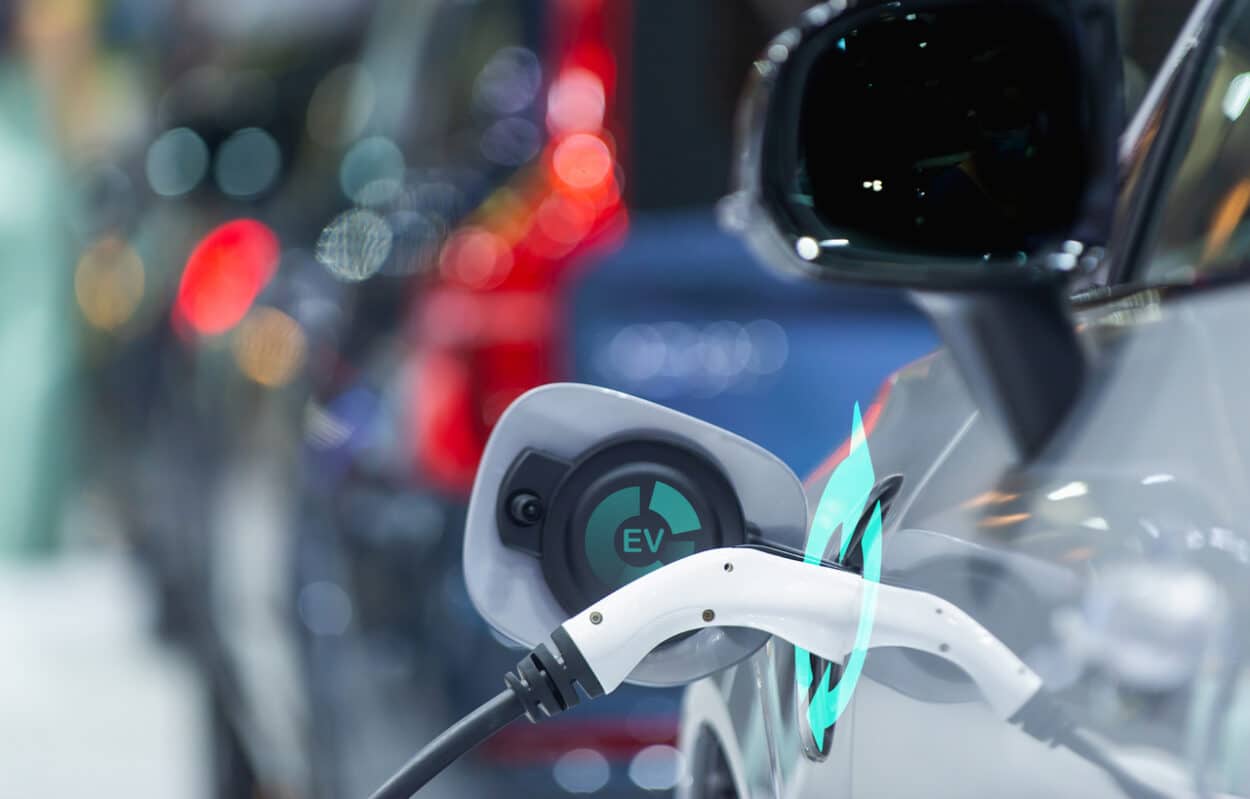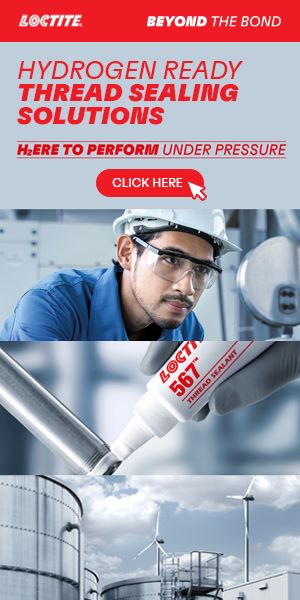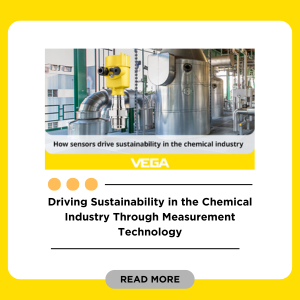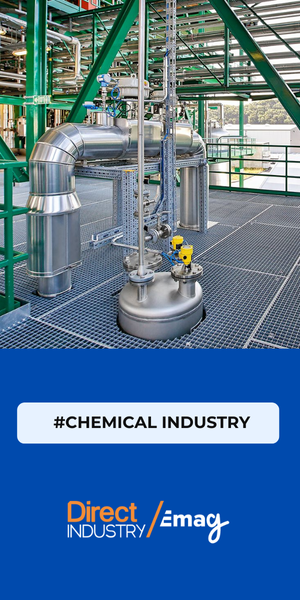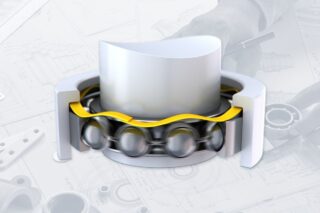The automotive industry is currently experiencing a significant shift, with notable trends emerging that are reshaping the landscape. EVs, the growing significance of hydrogen technology, and the increasing influence of China are key factors driving this transformation.
China has surpassed Germany to become the world’s second-largest car exporter by volume, trailing only Japan. China’s ability to offer more affordable EVs than traditional manufacturers will play a crucial role in its continued success and may reshape the global automotive market.
Quebec has set a goal of attaining carbon neutrality by 2050, and it aims to allocate 4 TWh of energy specifically for vehicle electrification. By pursuing these ambitious objectives, the Canadian province seeks to establish itself as a frontrunner in North America’s drive towards electrification, capitalizing on its diverse strengths and advantages.
Hydrogen is emerging as a promising solution for decarbonizing heavy-duty transportation fleets. Hydrogen fuel cells have benefits such as abundant materials, longer lifespan, higher energy storage density, and quick refueling, making them suitable for buses, trains, trucks, ships, and logistics vehicles.
The rise of gigafactories worldwide is driving the transition toward sustainable transportation, particularly in the electric vehicle industry. These advanced facilities specialize in mass battery production and have far-reaching implications beyond automotive applications.
France for example has reached a significant milestone in the realm of electric vehicles as it proudly inaugurates this week its first “gigafactory” dedicated to the production of electric car batteries. Located in Douvrin, within the picturesque Pas-de-Calais region, the gigafactory is the brainchild of Automotive CellS company (ACC), a joint venture formed by industry giants Stellantis, TotalEnergies, and Mercedes.
We offer you to read 4 of our articles to discover the latest insights into the automotive sector’s transformative changes and their profound impact on the development of sustainable and efficient transportation options.
Mark Andrews, Adam Turner, and Camille Rustici contributed to these articles.
China Is Now the 2nd-Largest Car Exporter, Ahead of Germany

China’s automotive industry has reached a significant milestone, surpassing Germany and securing the position of the world’s second-largest car exporter in terms of volume, with only Japan leading the pack. In 2022, the country exported an impressive 2.529 million passenger vehicles, marking a remarkable 56.7% increase from the previous year. When considering commercial vehicles, the overall figure reached 3.111 million.
A driving force behind this surge in exports can be attributed to new energy vehicles (NEVs), encompassing both fully electric and plug-in hybrid cars. China’s NEV exports witnessed substantial growth in 2022, reaching approximately 679,000 units—an astounding 120% increase compared to 2021. What we are currently witnessing is a wave that has the potential to transform into a tsunami.
Critical to this impending surge is China’s ability to supply affordable EVs that outmatch the offerings of traditional automakers. If China can deliver more cost-effective EVs, it could reshape the industry landscape and intensify the competition among established players.
Quebec’s Plan to Lead the Charge in Electric Transportation

Quebec has set forth its “Plan for a Green Economy 2030” with the objective of reducing greenhouse gas emissions by 37.5% by 2030, compared to 1990 levels. The Canadian province is also committed to achieving carbon neutrality by 2050.
As part of this plan, Quebec aims to dedicate 4 TWh of energy towards vehicle electrification, positioning itself as a frontrunner in North America’s shift towards electric mobility.
We had the opportunity to meet with several Quebec-based companies that play a crucial role in fostering a sustainable electric industry, encompassing various aspects such as mining, electric vehicle production, and battery recycling.
Hydrogen Set To Do the Heavy Lifting To Meet Net-Zero Carbon Targets

While electric vehicles have gained popularity as a sustainable choice, hydrogen appears poised to play a pivotal role in decarbonizing heavy-duty transportation fleets.
Hydrogen fuel cells offer advantages over EVs in the context of heavy-duty vehicle decarbonization. The materials for fuel cells are more abundant compared to those required for EV batteries, and fuel cells have a longer lifespan. Additionally, hydrogen fuel cells provide higher energy storage density, making them compact and lightweight, thus improving vehicle range. Unlike EVs, hydrogen-powered vehicles can be refueled in minutes, making them suitable for various transport modes such as buses, trains, trucks, ships, airplanes, and logistics vehicles.
A Global Tour of Upcoming Battery Production Factories

The global shift towards sustainable transportation is gaining momentum with the proliferation of gigafactories worldwide. These state-of-the-art facilities are dedicated to large-scale battery production, primarily to meet the increasing demand for electric vehicles. However, their impact goes beyond the automotive sector. In this article, we explore the latest advancements and unveil the recent openings of these groundbreaking gigafactories.
